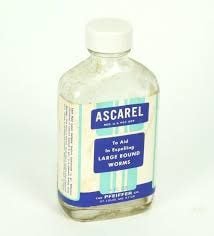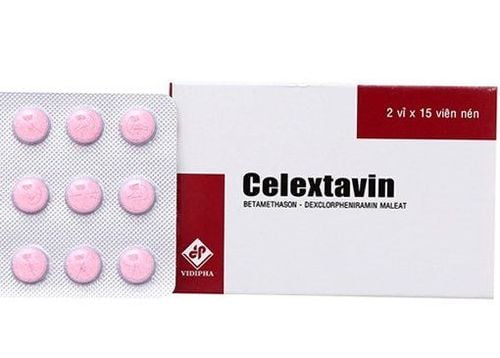This is an automatically translated article.
The use of antibiotics for the elderly needs to be very cautious. Because every function of the body gradually declines over the years, including the immune system, the risk of complications is higher when taking antibiotics in the elderly.
1. Physiological characteristics of the elderly when taking antibiotics
According to statistics, 1 in 20 elderly patients have complications due to drug use, especially cardiovascular drugs, neuropsychiatric drugs, antidiabetic drugs, anti-inflammatory painkillers, antibiotics, drugs. sleep...
Due to the physiological characteristics of the elderly, when the elderly take antibiotics, it leads to many disadvantages.
In the elderly, often vitamin K deficiency. This vitamin is usually synthesized by some intestinal bacteria. Antibiotics that are excreted through the digestive tract will destroy some vitamin K-producing bacteria, causing the body to lack a certain amount of vitamin K, reducing blood potassium. On the other hand, some intestinal bacteria have the ability to degrade digoxin in the gastrointestinal tract, if antibiotics are excreted through the intestine too much, it will increase the absorption of digoxin and cause the concentration of digoxin in the blood plasma to increase. also increase. Most elderly people often suffer from a combination of diseases; Taking medicine to treat one disease can make the other condition worse. Moreover, the treatment of many diseases will easily lead to harmful drug interactions. As people age, tissue mass decreases, so water volume decreases and fat mass increases. Water-soluble drugs will be increased in concentration; and fat-soluble drugs will be slow to start, but increase the duration of action, easily leading to accumulation of toxicity.

Người già sử dụng kháng sinh nhiều dễ gây ảnh hưởng không tốt tới sức khỏe
2. Note the use of antibiotics for the elderly
Some principles of antibiotic use for the elderly that both doctors and families need to pay attention to such as:
Minimize the use of drugs for the elderly, not just antibiotics; Avoid abuse of drugs, especially those currently advertised as supplements or functional foods. If you have to use drugs, use as few types as possible, choose drugs that are less toxic to the liver - kidneys and have high efficiency. Dosage must be appropriate for each type of disease, specific patient and always carefully consider and weigh the benefits and harms; interactions between drugs; liver-renal function. Avoiding one condition that can be cured and aggravated by another. It is necessary to regularly monitor, test and evaluate the effectiveness and side effects of the drug, especially the side effects on the liver - kidneys. For drugs that must be taken for a long time, if possible, there should be alternating drug breaks, to avoid drug accumulation. Some antibiotics contain Na+, K+ with low concentration, but due to high dose and long time use, such as carboxypenicillin, penicillin can be toxic to patients.
The aminoglycoside group is toxic to the kidneys and organs of hearing, so when used in the elderly, it must be carefully monitored. Some antibiotics such as carbenicillin, colistin have the ability to reduce blood potassium, so it should be used with caution when used in combination with laxatives, diuretics, cardiac glycosides... Should be limited (or only used). when absolutely necessary) for chloramphenicol, rifamycin, nitrofurantoin. Using antibiotics for the elderly absolutely follows the treatment regimen of the doctor and chooses a reputable medical examination and treatment facility to avoid antibiotic resistance, the risk of serious complications.

Người cao tuổi nên sử dụng thuốc theo đúng pháp đồ điều trị của bác sĩ
3. What should the elderly do when taking antibiotics?
To limit complications as well as side effects when prescribed antibiotics, the elderly and their families need to pay attention:
Elderly people need to follow the doctor's instructions on treatment such as: Doxycycline Drink in the middle of a meal with half a large glass of water, drink in a sitting or standing position to avoid irritation of the gastric mucosa, esophageal mucosal ulcers, Augmentin, ciblor... need to be taken at the beginning of the meal. Elderly people are not allowed to buy and use antibiotics on their own even though they have been used in the hospital before. Immediately stop taking the drug and go to a medical facility when you see any unusual symptoms. Before taking the drug must: Review the prescription written by the doctor. Read the medication leaflet. When taking the drug must: Sufficient hourly interval. Right dose. Sufficient course. Strictly comply with taboos Any questions that need to be answered by a specialist as well as if you have a need for examination and treatment at Vinmec International General Hospital, please book an appointment on the website to receive treatment. best service.
Please dial HOTLINE for more information or register for an appointment HERE. Download MyVinmec app to make appointments faster and to manage your bookings easily.













